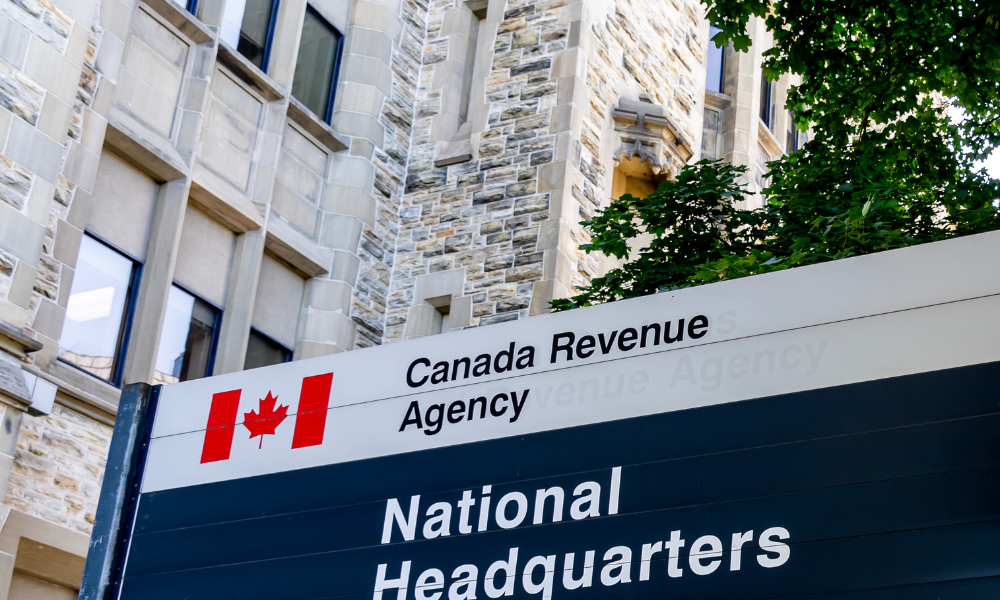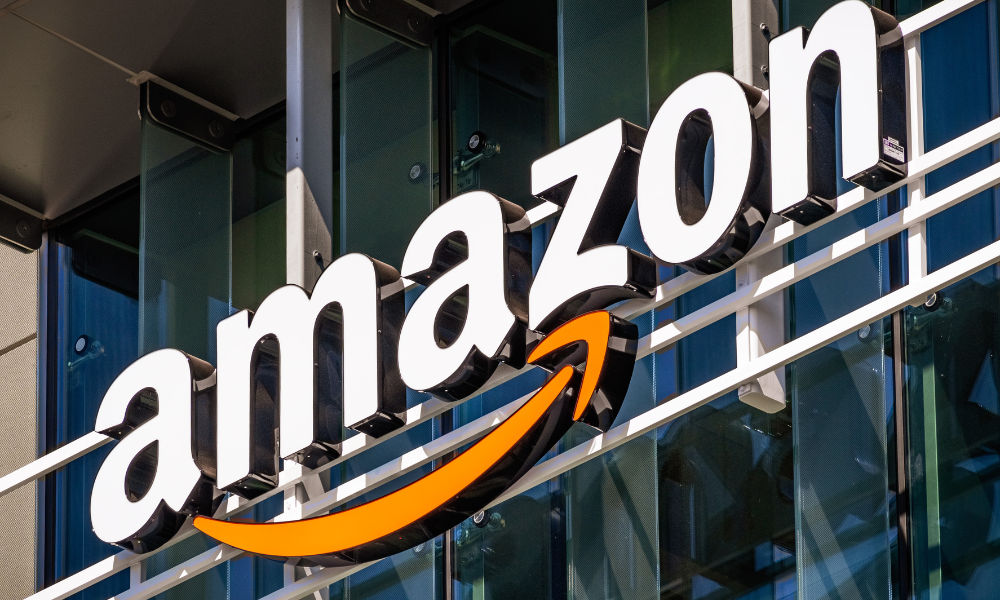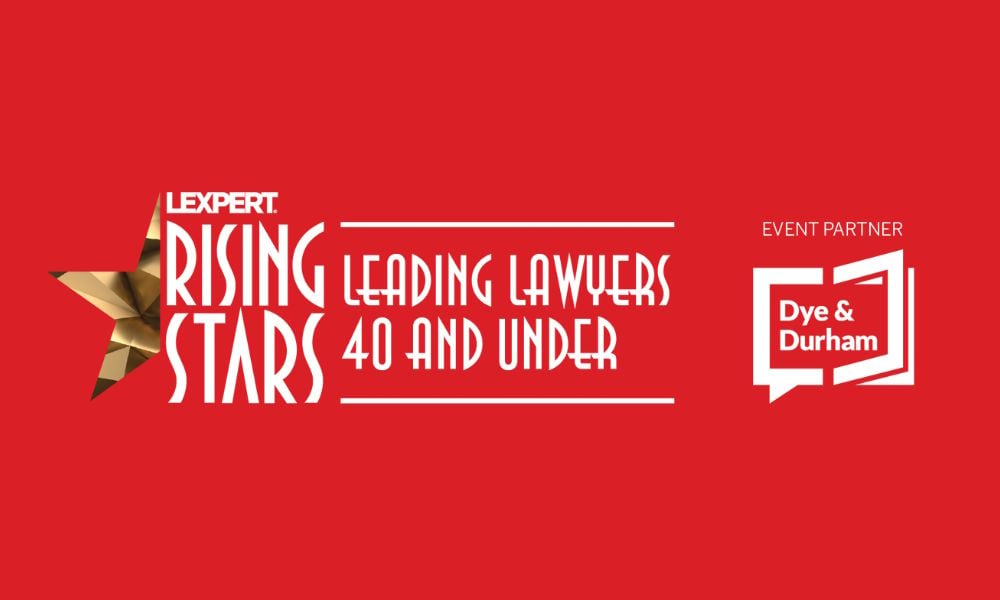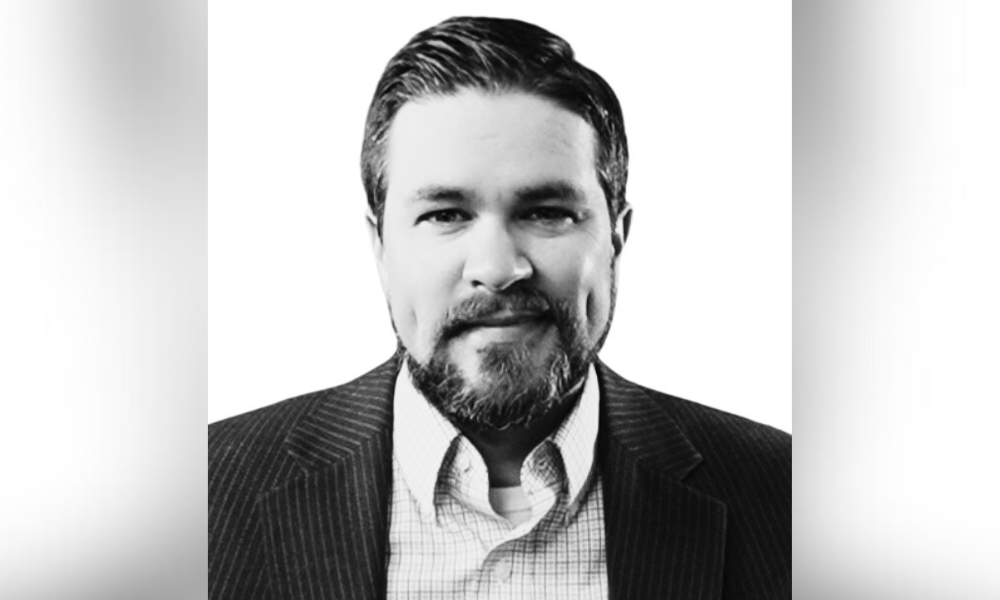Venture funding in Montreal reached $1.15 billion in 2020
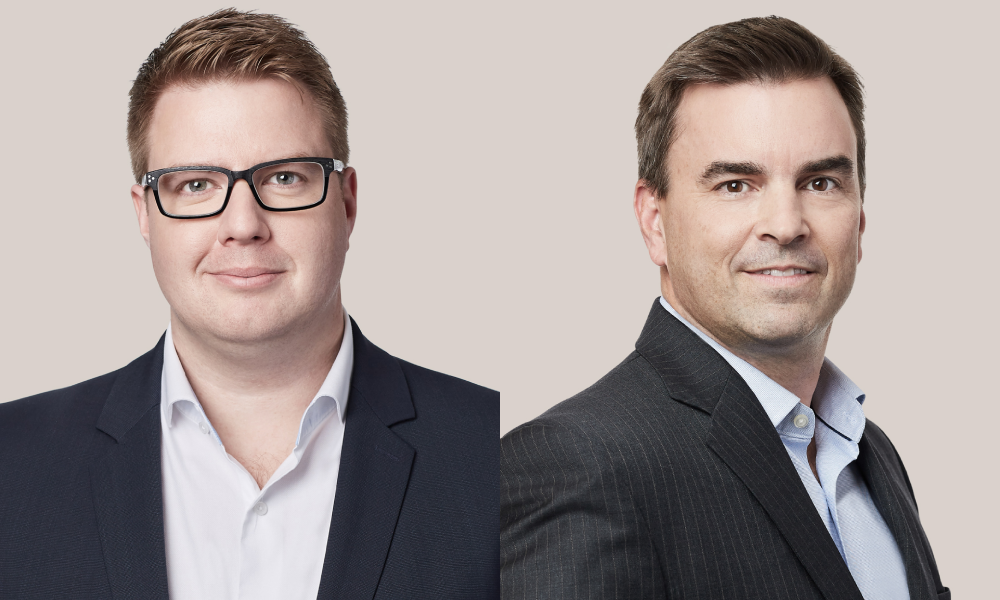
Fasken’s Montreal-based Emerging Technology Group has played an essential role in attracting venture funding to the city, which is seeing a tech boom, say Christian Jacques, co-leader of the practice, and IP lawyer Jean-Nicolas Delage, co-leader of the firm’s Technology, Media and Telecommunications practice.
“We are part of this great ecosystem in Montreal where people are working together to build something great,” says Jacques.
Venture funding in Montreal reached $1.15 billion in 2020, according to the BDO-Hockeystick Montreal Tech Report, only just behind Toronto as one of the country’s top startup ecosystems in Canada.
Latest News
In 2020, Montreal saw 110 deals completed, with a few megadeals helping to increase the total value of activity for early and late-stage startups. This activity puts the city far ahead of other Canadian ecosystems, including British Columbia, Calgary, and the Waterloo Region, and very close behind Toronto, which typically leads in tech funding. Toronto raised only four per cent more funding than Montreal, showing Canada’s second-largest city is gaining a leg up in the country’s tech ecosystem.
Among the deals that Fasken’s Montreal team worked with is travel tech startup Sonder. It is to go public on the NASDAQ, likely this fall, through a merger deal with Gores Metropoulos II Inc. Sonder expects to raise US$650 million of cash proceeds through that deal, bringing Sonder’s enterprise value to $2.2 billion.
Sonder was founded in Montreal in 2012 under the name Flatbook by McGill University students Francis Davidson and Lucas Pellan. Two years later, Sonder moved its headquarters to San Francisco and incorporated in the United States in pursuit of international investors. It has since put renewed focus on Canada, with plans to open a second headquarters in Montreal.
The company offers a platform that manages short-term rentals in North America and Europe. Sonder seeks to sign multi-year leases in residential buildings and rents rooms out to travellers or business travellers. The company claims more than 300 properties in 35 global markets.
The company emerged as Sonder in 2015 as part of Fasken’s startup program, and the law firm was also involved in the closing of a number of financings, including a series D financing round in 2019 that raised US$225 million and a Series E financing in 2020 that raised US$170 million. That is in addition to being involved in the Special Purpose Acquisition Corporation deal that will allow Sonder to trade publicly.
Delage points to Taiga Motors Corporation as a success story, a leading developer of electric off-road vehicles, which started trading on the TSX in April. Founded in 2015, Taiga has “pushed the frontiers” of electric technology to achieve extreme power-to-weight ratios and thermal specifications that outperform comparable high-performance combustion power sports vehicles. The first models released include a lineup of electric snowmobiles and personal watercraft.
Another company that Fasken has worked with virtually from the start is GURU Beverages, which makes organic energy drinks. It went public last fall.
“The beauty of Fasken having started the tech hub in Montreal a decade ago,” says Delage, is that it has been able to work with many startups like Taiga and Guru from the initial funding rounds to IPO or exit.
“It’s just fun to see our clients growing and these first cycle of companies exiting through IPOs or other means such as SPACS.”
Jacques notes the firm’s Emerging Technology Group is the only fully integrated legal team in Canada to offer day-to-day strategic advice in key areas such as growth and VC financing, IP strategy, and data and cybersecurity strategy.
Jacques adds that Fasken launched this startup program a decade ago, making it virtually a “grandparent” in this practice area in the city and came on stream just around the time that the potential of Montreal as a tech hub was starting to take off. “We saw things were percolating and happening in Montreal.”
Before starting the Montreal office, Jacques said he and his team went to Fasken’s Vancouver office, as in has been a dominant tech legal practice player in that region for decades. What Fasken was doing in Vancouver “became part of the DNA” of the Montreal practice.
Given that the tech industry is constantly changing, Jacques says that Fasken’s emerging Tech practice constantly evolves as conditions changed. As one example, he points to ViaFasken, a one-stop, web-based access point to “everything legal” a startup company needs. It offers a suite of technology-related template agreements, a virtual minute book and data room, term sheets for raising money, and ways to streamline the IP and trademark process.
Delage says that among the factors that have made Montreal such a magnet for startup activity is the large number of university grads in biotech, engineering and artificial intelligence. The BDO report says that Montreal has approximately 248,000 post-secondary students enrolled in universities and colleges, providing a strong talent pipeline to the tech industry.
The relatively low cost of living and housing costs compared to centres such as San Francisco and Silicon Valley in the United States and Vancouver and Toronto in Canada is an important factor. “Of course, there’s also the fact that Montreal is a great place to live.” He also notes that, during the Trump era, many disaffected entrepreneurs and skilled workers who might have chosen the United States either set up shop or decided to move to Montreal.
Delage also says that Montreal is a fully bilingual city has wisely taken advantage of this position to act as a “bridge” connecting Europe and the US markets through Canada.



